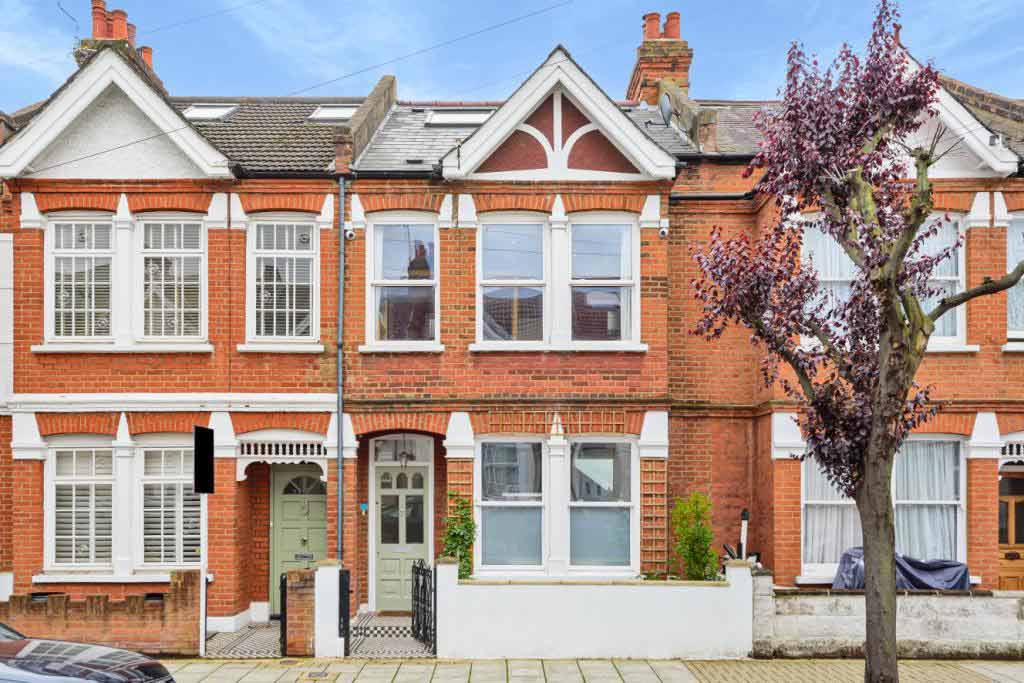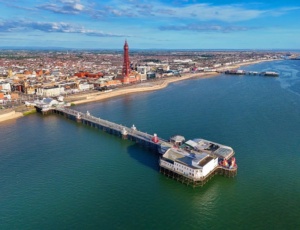Interest rate rise: what this could mean for your mortgage
The Bank of England (BofE) has announced an interest rate rise of 0.75%, to 3%. This is the highest they’ve been since 2008, and the three-quarter percent rise is the biggest single increase in more than 30 years.
The hike in interest rates had been expected. The BofE has said it would continue to raise interest rates to help combat soaring levels of inflation. The Government sets the Bank of England an inflation target of 2%, but the current level is much higher, at 10.1%.
Will this make it harder to get a mortgage?
There’s now more stability in the financial markets. So we’ve seen an increase in the number of mortgage deals available recently, and the cost of fixed-price deals has started to fall.
Many of the deals mortgage lenders are currently offering have already factored in an interest rate rise of 0.75%, because it was expected. So it’s unlikely that today’s rise will lead to an increase in the pricing of mortgages.
That said, lenders have tightened their affordability criteria over recent weeks. This is to make sure people are still able to afford their mortgages, were their payments to increase.
Unfortunately, first-time buyers who are already stretching themselves financially to try and get onto the property ladder might find it more difficult to get a mortgage.
Our property expert Tim Bannister says: “It’s important to look beyond the headline numbers. Mortgage brokers and lenders will be able to help people assess the different options available to manage their costs and see if they can afford to move.”
“What we’re hearing from estate agents is that people are taking a medium- to long-term view when weighing up if now is a good time to move. If they know they can afford the mortgage payments, and they’ve found a home they love, then they’re determined to try and make it work,” he adds.
What could the interest rate rise mean for your mortgage?
If you’re on a tracker rate mortgage, you’ll most likely see your monthly repayments increase shortly. This is because the amount that’s repaid is usually set according to the current interest rate, plus a set percentage.
If you’re on a fixed-rate deal, the interest you pay is set until the end of your term. Which means today’s announcement won’t affect your current monthly repayments, at least until your current deal ends.
When your fixed-rate deal does come to an end, you’ll automatically be switched to a Standard Variable Rate (SVR) unless you lock in a new fixed deal. Lenders determine their own SVR, as this type of mortgage doesn’t directly track the BofE interest rate. And most lenders have passed on all recent interest rate changes to their SVR.
Why do interest rates keep rising?
The Bank of England is tasked with ensuring inflation is low and stable, as high inflation means all of the goods and services we buy cost more.
When inflation is high and there’s too much money being pumped into the economy, chasing too few goods, the Bank of England raises interest rates. Higher interest rates mean it’s more expensive to borrow money, and people then have less to spend. This results in money being drawn out of the economy, and instead being spent on the cost of borrowing, including things like mortgages.
Although today’s rise is the highest we’ve seen in decades, it’s lower than the rise markets were forecasting even just a few weeks ago, after the government’s mini-budget announcement.
In fact, as most of the mini-budget announcements have now been retracted, we’ve seen mortgage rates fall in the last couple of weeks. This reflected a view that the interest rate would rise to 3% in November, which has now been confirmed by today’s expected announcement.
In short, the majority of lenders have already factored this rate rise into their fixed-rate deals.
READ MORE: How much stamp duty tax will you pay when you’re buying a home
The header image for this article is provided courtesy of Kinleigh Folkard & Hayward
Please note: Rightmove is not authorised to give financial advice; the information and opinions provided in these articles are not intended to be financial advice and should not be relied upon when making financial decisions. Please seek advice from a specialist mortgage provider.



